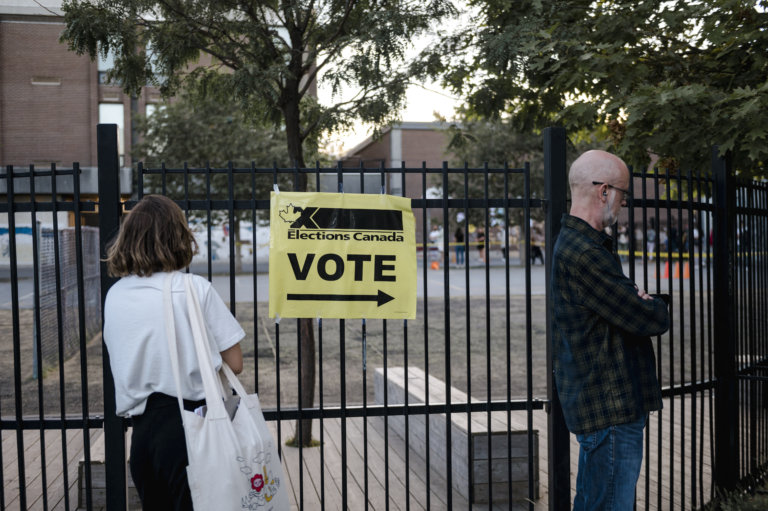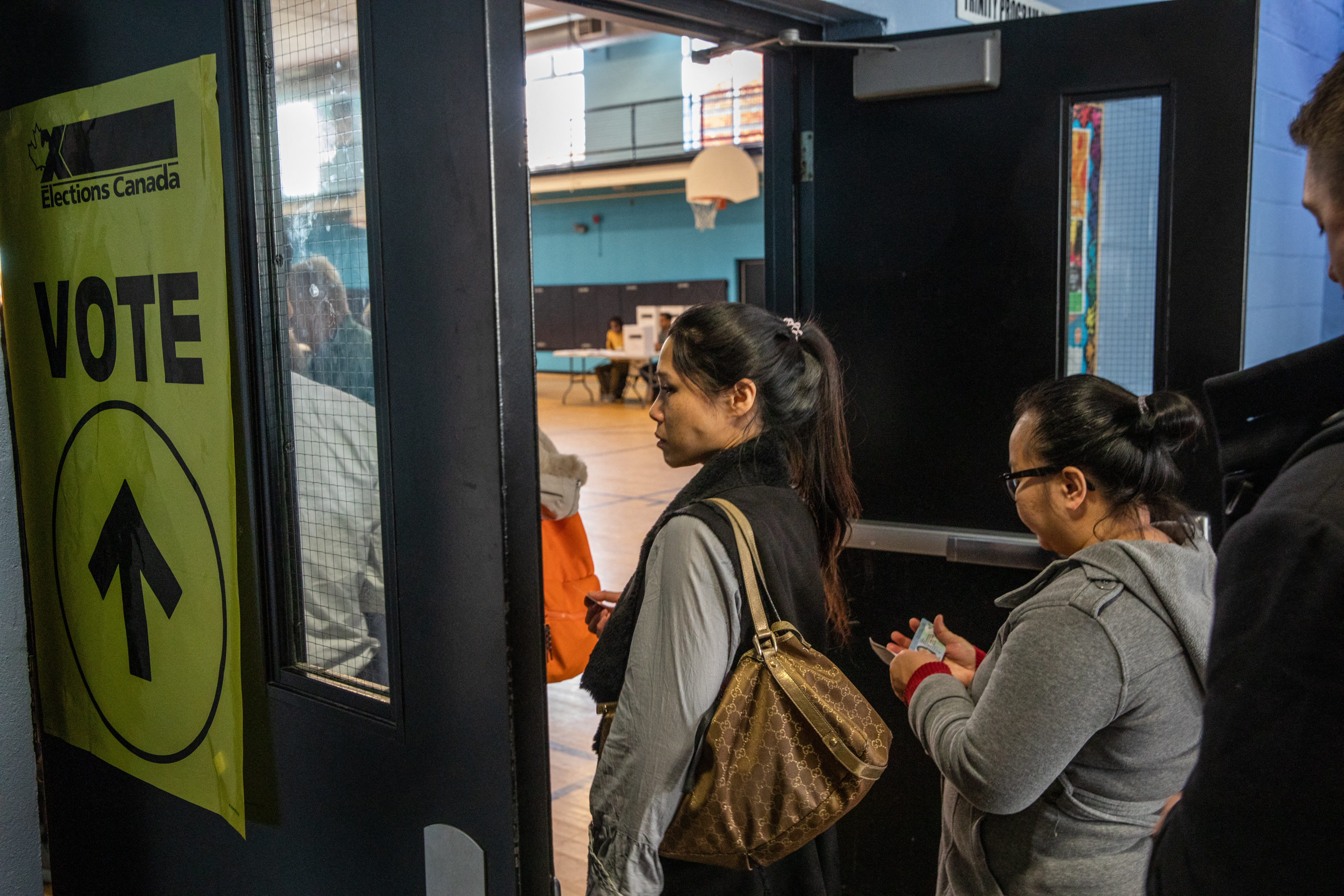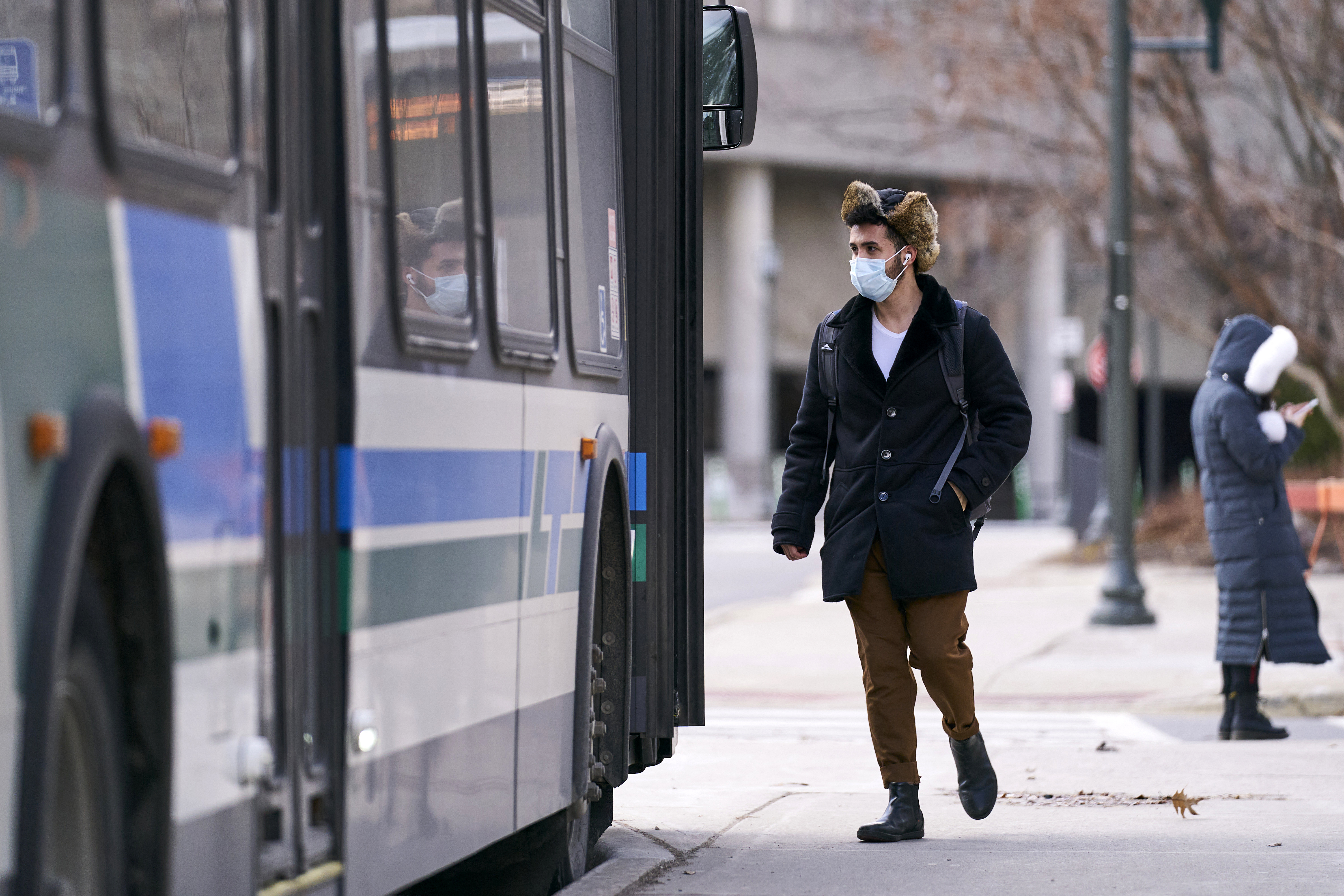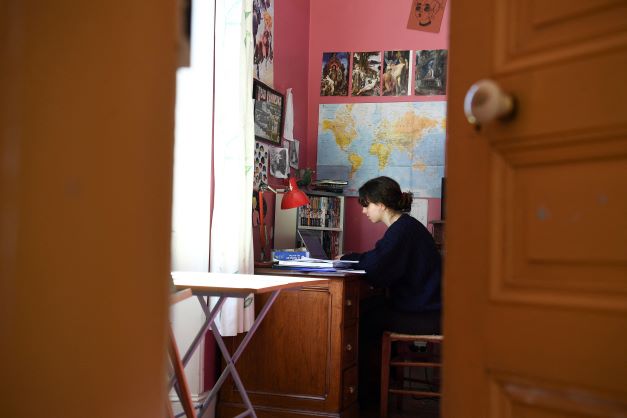
The 2022 Ontario election is looming soon, and in order to vote, you have to be a Canadian citizen and a resident of the province, and must be at least 18 years old on voting day. That effectively rules international students in Canada out of the polling stations — but that doesn’t mean that you shouldn’t follow the campaigns closely.
Why should I care about local politics?
To put it simply, politics affect policies and how things are done. The Ontario election on June 2, 2022, will decide the government for the next term, and members of the Legislative Assembly of Ontario. Think of it as the Canadian parliament at a smaller scale that can debate and decide laws at the provincial level.

The party that wins the most seats at the provincial level will become the provincial premier, with the assistance of a cabinet picked from other members of the legislature to form the government. Source: Brett Gundlock/Getty Images North America/Getty Images via AFP
Understanding how governments work in Canada will make you think twice about remaining apathetic to what’s happening in Ontario. While the federal government deals with national and international matters, the Constitution of Canada consists of sections outlining powers that are exclusively under the control of the country’s 10 provinces.
They include key issues such as education and schools, healthcare and hospitals, public transportation, business regulation, and property laws — all of which directly impact the quality of life for all its residents, regardless of immigration status.
What are the issues affecting me as an international student in Canada?
Education
As an overseas student, you must be feeling the pinch of fee hikes in recent years. Across all provinces, tuition fees for international students in Canada has increased as much as nearly 5% annually according to Statistics Canada. In Ontario alone, international tuition has been fuelling the majority of post-secondary revenue, which soared by 107% in just four years.
The pre-election provincial budget released under Premier Doug Ford’s current Progressive Conservative (PC) government came under fire recently from opposition parties and media analysts for ignoring the plight of students. This includes the elimination of rebates for international students from degree programmes in colleges, and slashing a whopping 685 million Canadian dollars from post-secondary expenses.

University tuition fees and the provincial budget for public education have been hotly debated throughout the election season as the province grapples with soaring fee hikes in recent years. Source: Geoff Robins/AFP
Opposition parties such as the National Democratic Party (NDP) and the Liberal Party of Canada have promised greater allocations to education instead of spending on multi-billion highway projects planned by the PC government. Both parties have pledged to make colleges more accessible, ensuring a better graduation-to-workforce transition, and an increased budget for safe and inclusive campuses.
Housing
With a nationwide housing and rental crisis, rising living costs will top voters’ focus going into the polls. International students in Canada have found it difficult to cope with mounting expenses and exorbitant rents under post-pandemic inflation. Currently, it’s estimated that 4% of post-secondary students in Canada are experiencing homelessness and unsustainable living conditions.
How low can you go for cheaper rentals? Not as ‘low’ as these landlords, apparently:#HousingTO #VancouverHousing #rentalshttps://t.co/jF1l9i1PU1
— Study International (@Study_INTNL) May 10, 2022
Among running candidates, Stephen Del Duca’s leadership of the Liberal Party has noticeably made housing at the forefront of its election platform. Riding on their “A Place to Grow” campaign slogan, the party’s approach to affordable housing includes reinstating rent control province-wide, making renting “fairer, safer, and more affordable,” and expanding new co-op housing.
Healthcare
The Ford government’s response to the pandemic sparked outrage in the last two years among Ontarians for its failure on multiple fronts. The issue of healthcare took centre stage in Monday evening’s election debate, with opposition party leaders questioning the premier’s decisions of cutting nurses’ wages and reopening in early 2021 when cases were still high.

Lockdowns, isolation, and online learning have adversely affected mental health among international students in Canada throughout the pandemic. Source: Alain Jocard/AFP
Mental health significantly impacted overseas students during lockdowns in Ontario due to isolation, difficulty in online learning, in addition to reduced work hours and job loss. On this front, NDP’s leader Andrea Horwath has pitched a comprehensive plan that includes universal mental healthcare for locals, creating a new organisation called Mental Health Ontario to better serve the needs of residents, and allocating a total of CA$17 million to improve crisis response.
Other areas of concern include employment, commitment to gender equity, and access to public services. As taxpayers who cannot participate in the electoral process, the least international students in Canada can do is to pay attention to issues at stake that will affect their life in Ontario in the next coming years.










